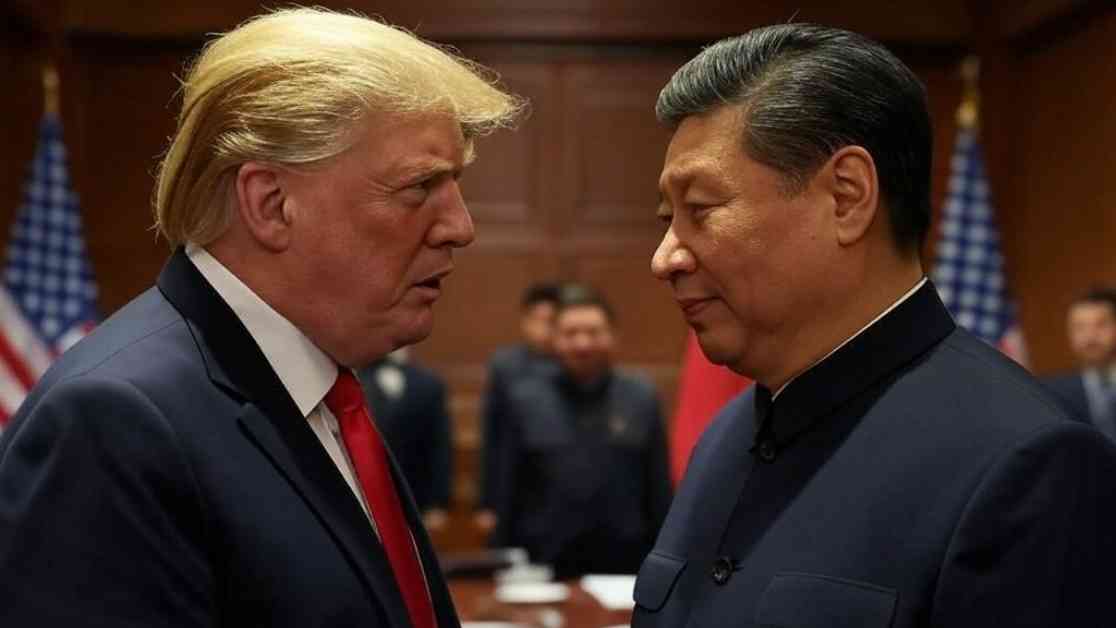China swiftly responded to President Donald Trump’s recent 10% tariff on goods by launching an antitrust investigation into Google and imposing new tariffs on a variety of US exports. This move has reignited tensions between the two economic powerhouses, escalating the trade war that has been ongoing for some time.
The State Administration for Market Regulation in China confirmed that Google is currently under investigation for alleged antitrust violations. This investigation comes amidst a backdrop of strained relations between the US and China, with both countries engaging in tit-for-tat trade measures.
In response to Trump’s tariffs, China’s Finance Ministry announced tariffs of 15% on US coal and liquefied natural gas, as well as 10% on oil and agricultural equipment. These retaliatory measures are seen as a direct response to what China perceives as unfair trade practices by the US.
Expert Opinions on the Trade Dispute
According to the Chinese Finance Ministry, the US’s imposition of tariffs goes against the rules set by the World Trade Organization. The Ministry stated, “It is not only unhelpful in solving its own problems, but also undermines the normal economic and trade cooperation between China and the US.” This sentiment reflects the growing discontent between the two nations as they struggle to find common ground in their trade negotiations.
The swift actions taken by China in response to the tariffs stand in contrast to the temporary exemptions granted to Mexico and Canada after they reached agreements with Trump. This highlights the complexity of international trade relations and the delicate balance of power between countries.
In addition to tariffs, Beijing has expanded its economic countermeasures by placing companies like PVH Corp. and Illumina Inc. on its unreliable entity list. This move further complicates the business landscape for US companies operating in China and signals a more aggressive stance by the Chinese government.
The financial repercussions of these actions were felt immediately, with the offshore yuan weakening and Asian currencies experiencing fluctuations. The interconnected nature of global trade means that any disruptions between major economies can have far-reaching effects on currency markets and trade flows.
Implications for US Tech Firms
Despite Google’s search services being blocked in China since 2010, the company still maintains operations in the country focused on advertising. The antitrust investigation into Google signals a broader crackdown on US tech firms operating in China, adding another layer of complexity to the already tense trade relationship.
Trump’s decision to implement tariffs was driven by concerns over China’s alleged failure to curb the flow of illicit drugs into the US. This executive order included provisions for further tariff hikes if China retaliated, setting the stage for a potential escalation in the trade war between the two nations.
As the trade dispute between the US and China continues to unfold, the global economy watches closely to see how these developments will impact international trade flows, currency markets, and the broader geopolitical landscape. The stakes are high, and the consequences of further escalation could be significant for both countries and the global economy as a whole.























